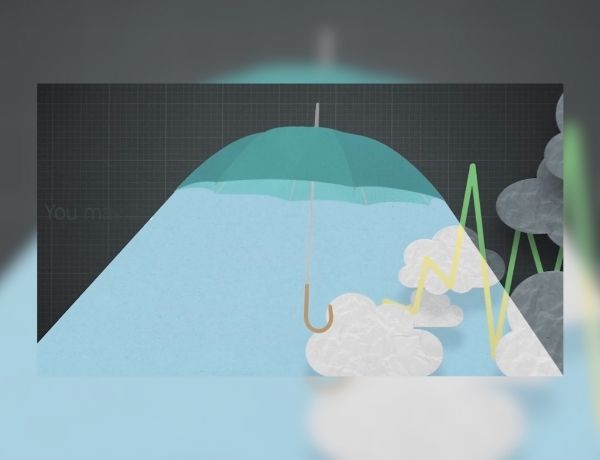Little-Known Homeowners Insurance Facts

If you have a homeowners insurance policy, you should be aware of what your policy does and doesn't cover. Sure these policies have their limitations, but they also come with some underrecognized perks.
Some policies insure actual cash value (ACV)
ACV takes depreciation into account regarding an item's worth. If someone makes off with your expensive camera that you bought five years ago, a homeowners policy that reimburses you for ACV would only pay for part of the cost of an equivalent camera bought new today.1
Other policies insure replacement cash value (RCV)
That means 100% of the cost of an equivalent item today, at least in the insurer's view.1
Insurers cap losses on certain types of items
If you lose an insured television to a burglar, the insurer could reimburse you for the RCV. An insurance carrier can handle a loss like that. But, if a thief steals a highly valuable collectable out of your home, the insurer would probably not reimburse you for 100% of its ACV. It might only pay out a small percentage of what your priceless collectible is worth. Because of these coverage caps, some homeowners opt for personal floaters – additional riders on their policies to appropriately insure collectibles and other big-ticket items.1
Did you know that losses away from home may be covered?
Say you bring your laptop on a business trip and it's stolen. In such an instance, a homeowners policy will frequently cover a percentage of the loss above the deductible – perhaps, closer to 10% or 20% of the value above the deductible rather than 100%, but still something.1
Where you live can affect coverage as well as rates
If you reside in a community with rampant property crime, your insurance carrier might cap its reimbursements lower than you would like on some forms of personal property losses.1
Now, do you have a home-based business?
If you do, you should know that homeowners insurance generally does not cover damages and losses to your residence resulting from or linked to business activity.2
Having a separate, discrete business insurance policy to protect your home-based company is important. Without such a policy, you have inadequate coverage for your business – and could you imagine losing your home from being uninsured against a visiting client's bodily injury claim or a workers comp claim if employees work at your residence and hurt themselves?2
Reading the fine print on your homeowners insurance policy can be worthwhile
Recognizing the basic limitations of homeowners insurance coverage is critical. You should know what is and isn't covered – and if you see any weak spots, you should address them.
1. Investopedia.com, 2021
2. TheBalance.com, 2021
The content is developed from sources believed to be providing accurate information. The information in this material is not intended as tax or legal advice. It may not be used for the purpose of avoiding any federal tax penalties. Please consult legal or tax professionals for specific information regarding your individual situation. This material was developed and produced by FMG Suite to provide information on a topic that may be of interest. FMG Suite is not affiliated with the named broker-dealer, state- or SEC-registered investment advisory firm. The opinions expressed and material provided are for general information, and should not be considered a solicitation for the purchase or sale of any security. Copyright FMG Suite.



